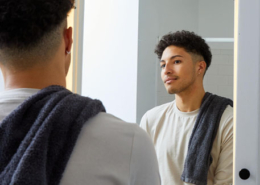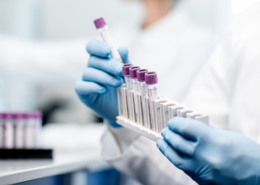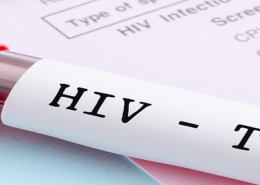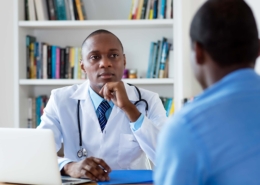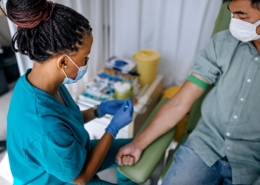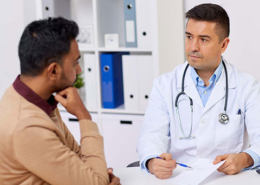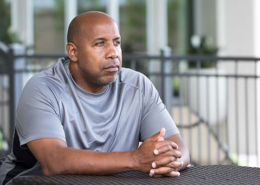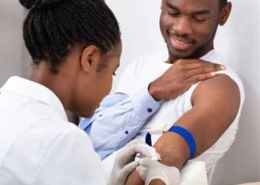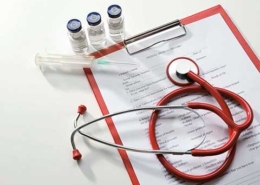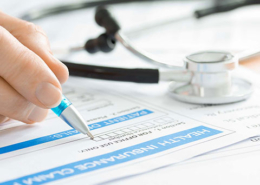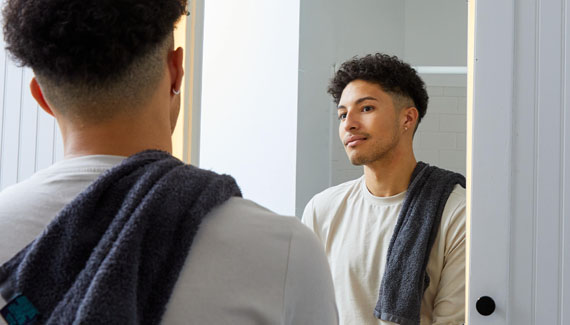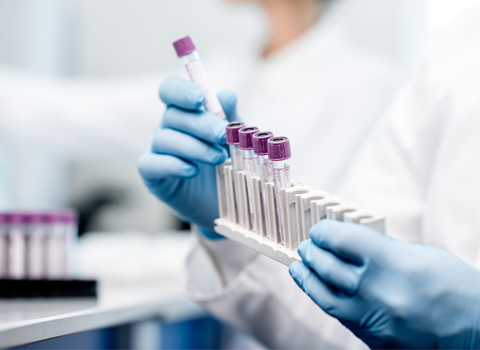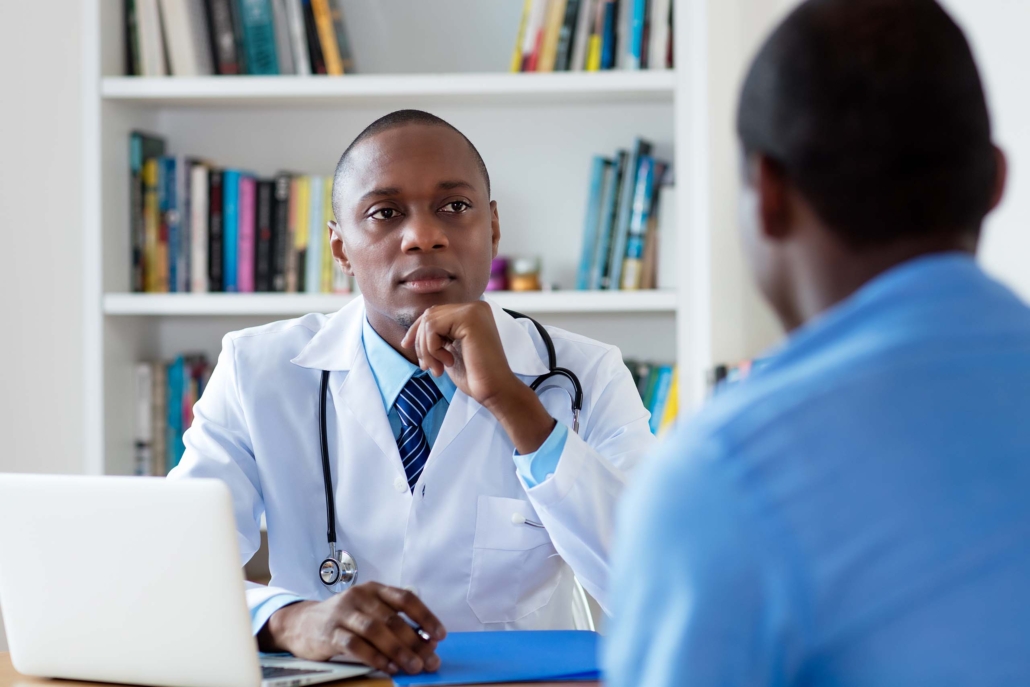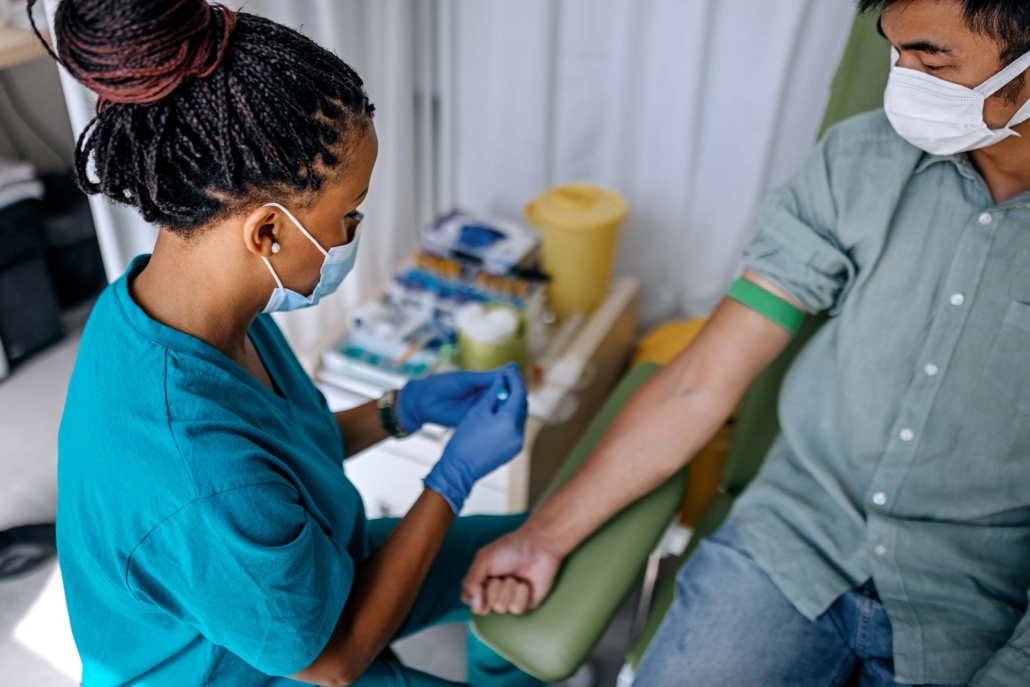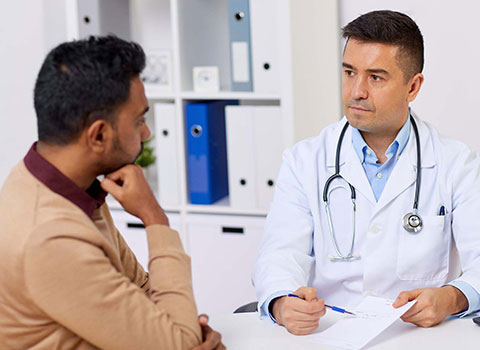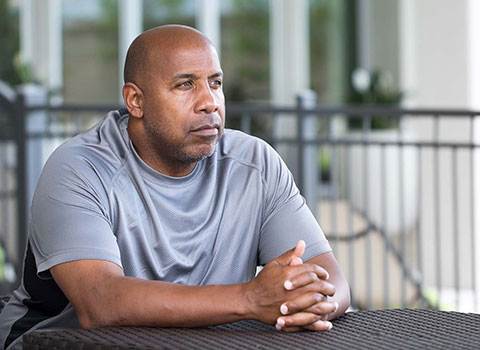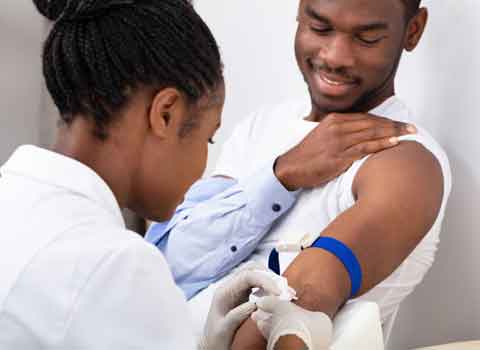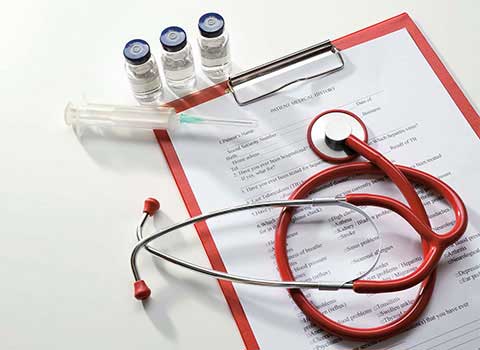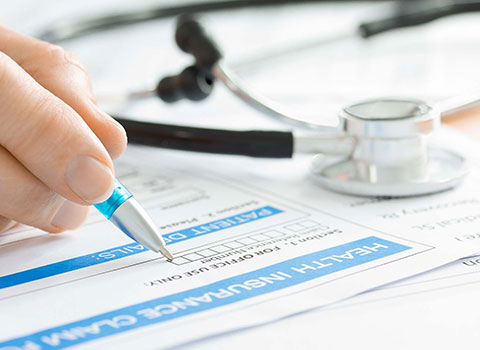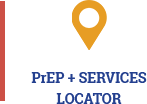 https://carethatfitsyou.org/wp-content/uploads/2018/06/hero-health-topics-e1767043868498.jpg
298
710
Bridget Blain
https://carethatfitsyou.org/wp-content/uploads/2020/04/care-that-fits-you.png
Bridget Blain2025-12-29 21:26:022026-01-13 19:35:30Party and Play (PnP)
https://carethatfitsyou.org/wp-content/uploads/2018/06/hero-health-topics-e1767043868498.jpg
298
710
Bridget Blain
https://carethatfitsyou.org/wp-content/uploads/2020/04/care-that-fits-you.png
Bridget Blain2025-12-29 21:26:022026-01-13 19:35:30Party and Play (PnP)What to Expect: HIV Testing
Whether it’s been a while since you’ve had an HIV test, or you’re looking to get tested for the first time, here are a few things you should know.
Should I get tested for HIV?
An HIV test detects when a person is infected with human immunodeficiency virus (HIV), which causes acquired immunodeficiency syndrome (AIDS), the most advanced stage of HIV infection. While there is no cure for HIV, there are treatments available that can help people live long, healthy lives and reduce the risk of passing it on to others.
So should you get an HIV test? HIV testing is important at any age. Here are a few questions to ask yourself:
- Are you a man who is having sex with another man?
- Do you think you may have been exposed to HIV in the last 72 hours?
- Have you ever had an HIV test before?
- Have you ever had sex?
- Have you ever been diagnosed with, or treated for, another sexually transmitted infection?
- Have you ever shared needles, syringes, or other injection drug equipment (for example, cookers) with others?
If you answer yes to any of these questions, you should get tested at least once every year. However, if you’re a sexually active gay, bisexual and/or man who has sex with men, it’s a good idea to get tested more frequently—for example, every three to six months.
It’s important to note that no HIV test can detect the virus immediately after infection. If you think you have been exposed to HIV in the last 72 hours, talk to a health care provider right away about PEP (post-exposure prophylaxis).
How do I make an appointment to get tested for HIV?
Since an HIV test requires a blood sample, you must visit a health care provider in person. Contact a provider’s office or local health clinic directly to make an appointment. Health care providers don’t always recommend screening for older patients, but you know your sexual activity best. It’s important to get tested and know your status.
Need help finding a provider? Search for health clinics near you.
Most health insurance plans cover HIV testing without a co-pay, so check with your health insurer to learn more. If you don’t have health insurance, some clinics and testing sites may offer free testing.
If you are on your parents’ or partner’s insurance and are worried about keeping your medical information private, the PATCH Act can help. This is a law that protects your health care information and it will not be shared with anyone but you. It can help you feel comfortable and confident getting the care you need. Here’s how you can request to keep your information private.
If you have already scheduled an annual checkup, be sure to ask your provider for an HIV test.
What to expect during an appointment
Getting an HIV test generally takes just a few minutes. However, the health care provider may ask questions about your medical and sexual history before your test. It is also an excellent time to ask any questions you might have about the test or any other health-related matters.
If you think you’ve recently been exposed to HIV, a provider may also talk to you about window periods, the period between when you’re exposed to HIV and when a test can detect the virus. The window period varies from person to person and depends on the type of HIV test administered.
Learn more about the different types of HIV tests.
Can I test for HIV at home?
Yes! There are HIV self-tests.
What is an HIV self-test?
An HIV self-test is a test you can do at home or in any private, comfortable space. Self-testing is as simple as using a swab to collect samples of oral fluid from your gums. The test looks for antibodies, which are proteins your body makes to fight infections like HIV. You can get results in about 20 minutes. It can be your first step to learning your HIV status.
The OraQuick In-Home HIV Test is currently the only HIV self-test approved by the Federal Drug Administration (FDA). When using it, be sure to refer to the instructions for sample collection and performing the test. Find an HIV testing location near you.
If you think you may have been exposed to HIV within the last 72 hours, you should take PEP (post-exposure prophylaxis) as soon as possible. PEP is a course of medication (anti-retroviral tablets) that can prevent HIV infection. You can get a prescription for PEP from a health care provider, a community health center, an urgent care center, or a hospital emergency room.
How do HIV self-tests work?
The HIV self-test performed on oral fluid usually detects HIV infection 3 months after exposure. The time between possible exposure and when a test can detect HIV in your body is called the “window period”. If your exposure was less than 3 months ago, a blood test may detect infection sooner.
Understanding results of HIV self-tests
Positive result: If you test positive on a self-test, it may mean that you have an HIV infection. False positive test results are also possible. It’s important to follow up with a provider for additional testing, performed by a laboratory, on your blood sample, to confirm your HIV status.
Negative result: A negative result may mean you do not have HIV infection, but it could also mean your body hasn’t yet developed antibodies for the test to detect HIV infection. If you test negative and you have had a possible exposure to HIV within the last 3 months, be sure to make an appointment for HIV testing with a provider.
Invalid result: If the test result is unclear or the control line doesn’t appear, the test is invalid. We recommend you take another self-test or talk to a provider to get tested.
You can order a free test through the Together TakeMeHome program. Learn more about HIV self-testing.
When should I get tested for HIV again?
If you think you’ve had an exposure to HIV any time after getting your test, be sure to get tested again immediately.
Ask a health care provider about when you should schedule your next HIV test, keeping in mind that the CDC recommends that sexually active gay, bisexual, and/or men who have sex with men should get tested every three months.
Also, talk to a health care provider about PrEP, a medication in the form of a pill or injection, that prevents HIV, to learn if it can be a good addition to your self-care routine. If you start taking PrEP, you must get tested every three months or so to be sure that you do not have HIV.
Looking for PrEP or
other services?
Search for services near you.
Is PrEP right for you?
Take a short quiz to learn more.






